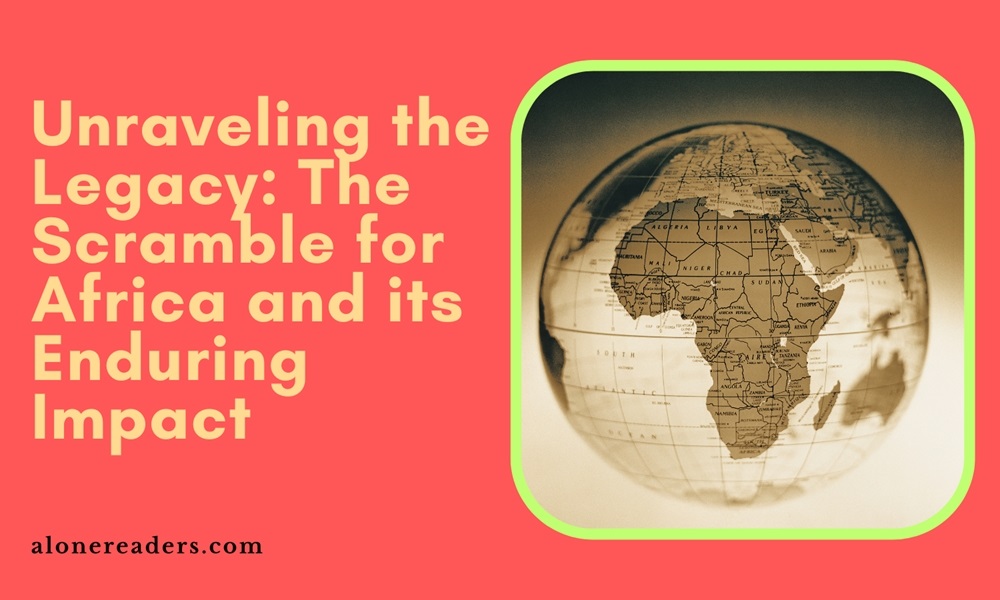
The Scramble for Africa, a period marked by intense European colonization, remains a significant chapter in world history. Between the late 19th and early 20th centuries, European powers fiercely competed to establish their dominions across the African continent. This period reshaped Africa's political, social, and economic landscapes, the effects of which are still evident today.
European Motivations and Rivalries
In the late 1800s, the industrial revolution in Europe reached its zenith, fueling a demand for new markets and resources. Nations like Britain, France, Germany, Portugal, and Belgium looked to Africa, rich in raw materials and potential labor. The Berlin Conference of 1884-1885, convened by German Chancellor Otto von Bismarck, formalized the rules of African colonization, without African representation. This pivotal event marked the acceleration of territorial claims and intensified rivalries among European powers.
African Societies Before Colonization
Before colonization, Africa was a mosaic of diverse cultures, societies, and states. Some were centralized kingdoms like the Zulu and Ashanti, while others were smaller communities bound by linguistic and cultural ties. The imposition of artificial borders by colonial powers disrupted these societies, often merging hostile groups or splitting cohesive ones.
Economic Exploitation and Social Reorganization
European colonization was marked by the extraction of resources and the restructuring of African economies to serve colonial interests. Cash crops like cotton, coffee, and rubber were prioritized over subsistence agriculture, causing widespread disruption to local economies and societies. Colonial administrations also imposed new social structures, including indirect rule and segregation policies, altering the traditional way of life.
Resistance and Rebellion
Resistance against European colonizers was a constant undercurrent. From the Maji Maji Rebellion in German East Africa to the Mau Mau Uprising in British Kenya, Africans repeatedly challenged colonial rule. These uprisings were often met with brutal suppression, further entrenching colonial control.
The Winds of Change
Post-World War II, a wave of decolonization swept across the continent. Factors such as the weakening of European powers, the rise of nationalist movements, and international pressure played crucial roles. By the 1960s, most African nations had gained independence, but the legacy of colonization was deep-rooted.
Challenges of Nation-Building
Newly independent African states faced immense challenges. The arbitrary borders drawn by colonizers often encompassed diverse ethnic groups with longstanding conflicts. Additionally, the lack of experience in self-governance and the continued economic dependence on former colonizers impeded development.
Economic and Political Struggles
Many African countries continue to grapple with the economic structures established during colonial times. Dependency on a few primary commodities, unstable political landscapes, and the struggles to establish effective governance systems are some of the lingering effects of colonial rule.
Social and Cultural Impact
Colonialism significantly impacted African societies. It led to the erosion of traditional cultures and languages, while simultaneously contributing to the formation of new African identities. The blend of indigenous and colonial influences is evident in modern African societies.
The Role of International Community
The international community, including former colonial powers, plays a crucial role in addressing the challenges posed by the colonial legacy. Aid, debt relief, and fair trade practices are essential for supporting African nations in their quest for sustainable development.
The Scramble for Africa and its aftermath are more than historical events; they are a reminder of the profound impact of external forces on a continent's destiny. Understanding this history is crucial in addressing contemporary challenges and forging a path toward a more equitable and prosperous Africa.